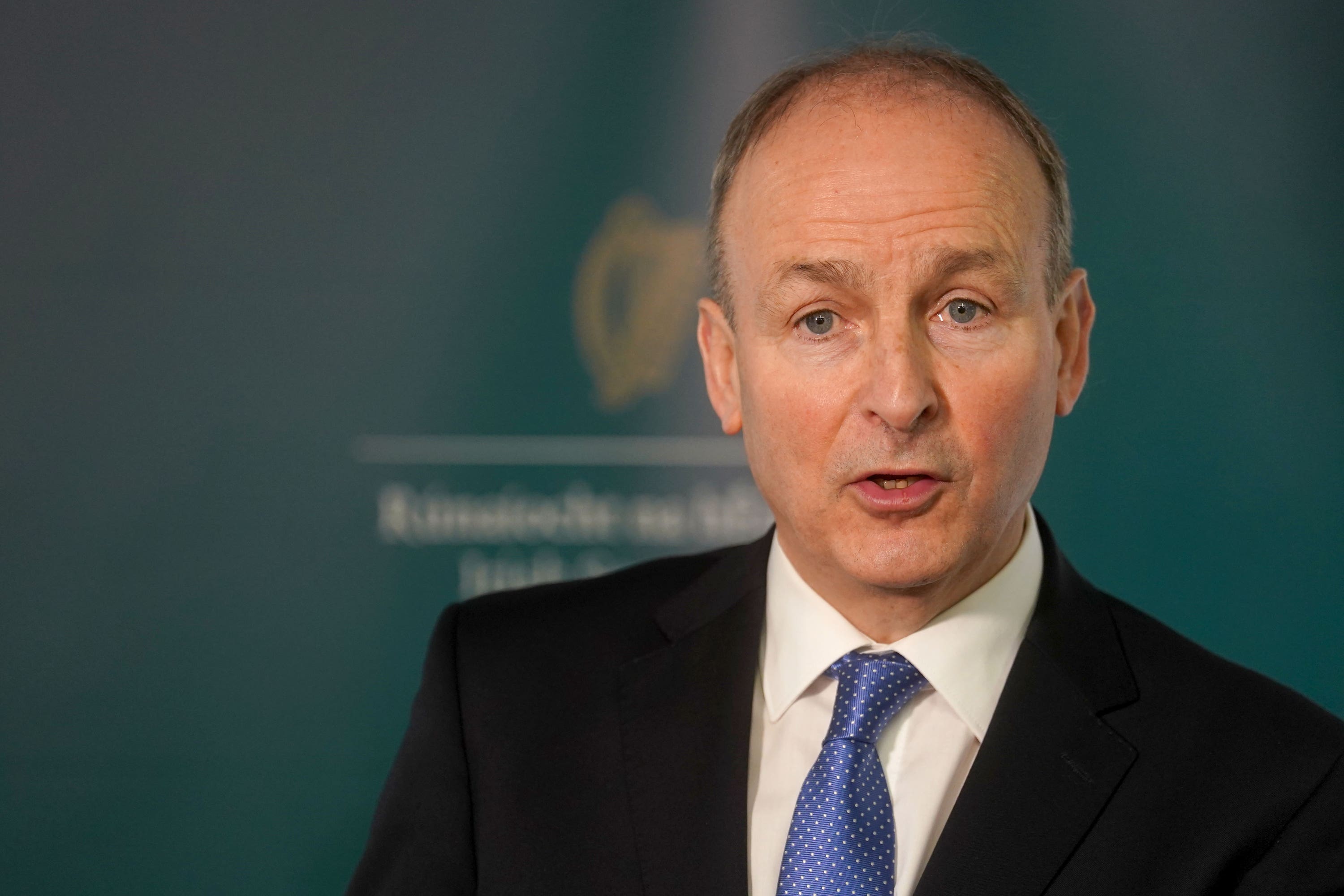Micheal Martin to discuss EU support for Ukraine during Brussels meeting
The Foreign Affairs Council will discuss a new sanctions package.

Your support helps us to tell the story
From reproductive rights to climate change to Big Tech, The Independent is on the ground when the story is developing. Whether it's investigating the financials of Elon Musk's pro-Trump PAC or producing our latest documentary, 'The A Word', which shines a light on the American women fighting for reproductive rights, we know how important it is to parse out the facts from the messaging.
At such a critical moment in US history, we need reporters on the ground. Your donation allows us to keep sending journalists to speak to both sides of the story.
The Independent is trusted by Americans across the entire political spectrum. And unlike many other quality news outlets, we choose not to lock Americans out of our reporting and analysis with paywalls. We believe quality journalism should be available to everyone, paid for by those who can afford it.
Your support makes all the difference.Irish premier Micheal Martin will discuss the EU’s support for Ukraine when he attends a meeting of the Foreign Affairs Council in Brussels.
In the week of the first anniversary of the Russian invasion, the council will meet the foreign minister of Ukraine, Dmytro Kuleba, to discuss a new sanctions package.
Ministers will also discuss climate and energy diplomacy and consider the EU’s response to developments in Afghanistan and Iran.
Mr Martin said: “The council’s discussion is particularly important, given it takes place in the week of the one-year anniversary of Russia’s barbaric, full-scale invasion of Ukraine.
The EU’s support for Ukraine and the Ukrainian people remains unwavering
“Ukraine’s defence of its sovereignty and our common values has been remarkable.
“The EU’s support for Ukraine and the Ukrainian people remains unwavering, and we will continue to work together to push back against Russia’s aggression.”
Regarding Afghanistan, Mr Martin said: “The ongoing assault by the Taliban on the human rights of Afghan people, particularly women and girls, is reprehensible.
“Our discussion will be an important opportunity to discuss the role that the EU can play to support the people of Afghanistan, uphold the rights of women, girls and minorities, and provide life-saving humanitarian relief, given the dire situation in the country.”
The Tanaiste said he was also deeply concerned by developments in Iran.
“Ireland continues to be fully part of the united EU response to these developments and at our meeting we will discuss further sanctions on those responsible for grave human rights violations,” he said.